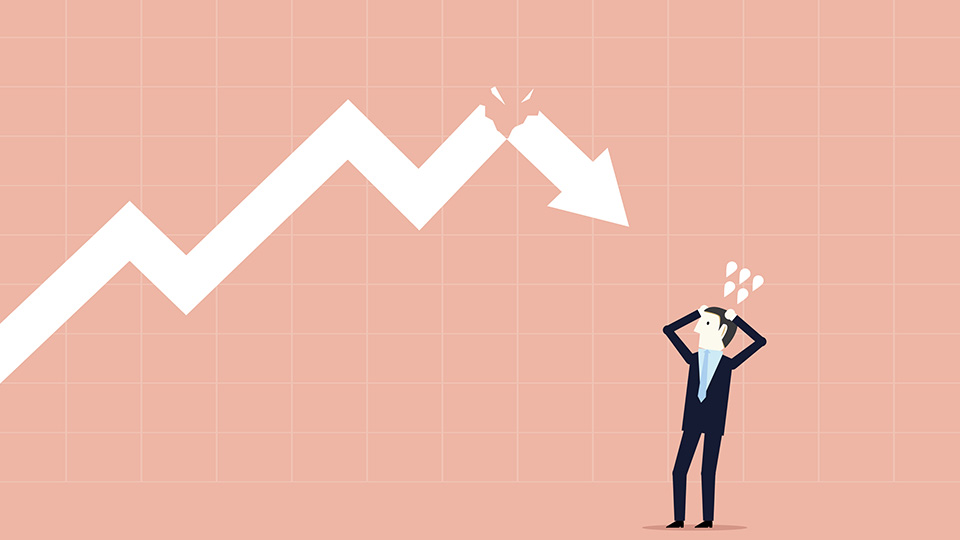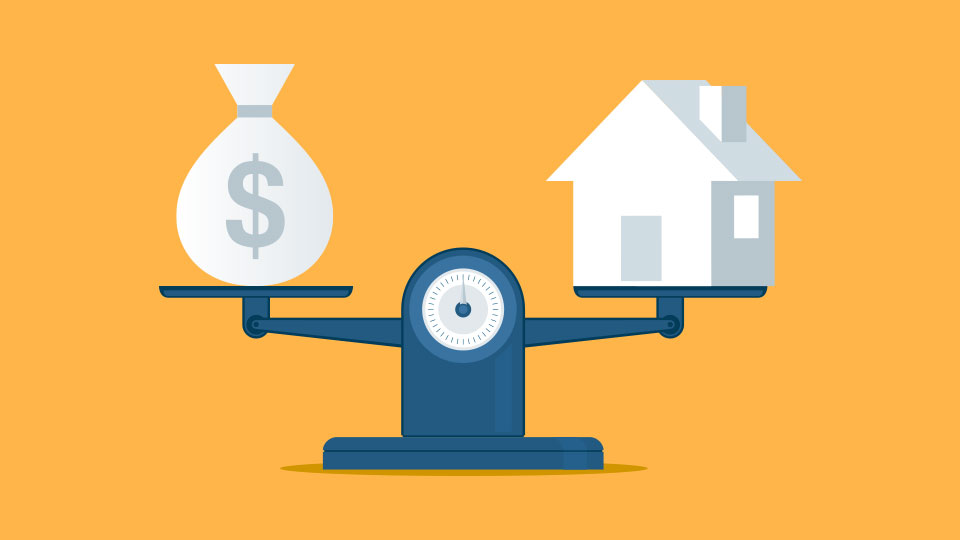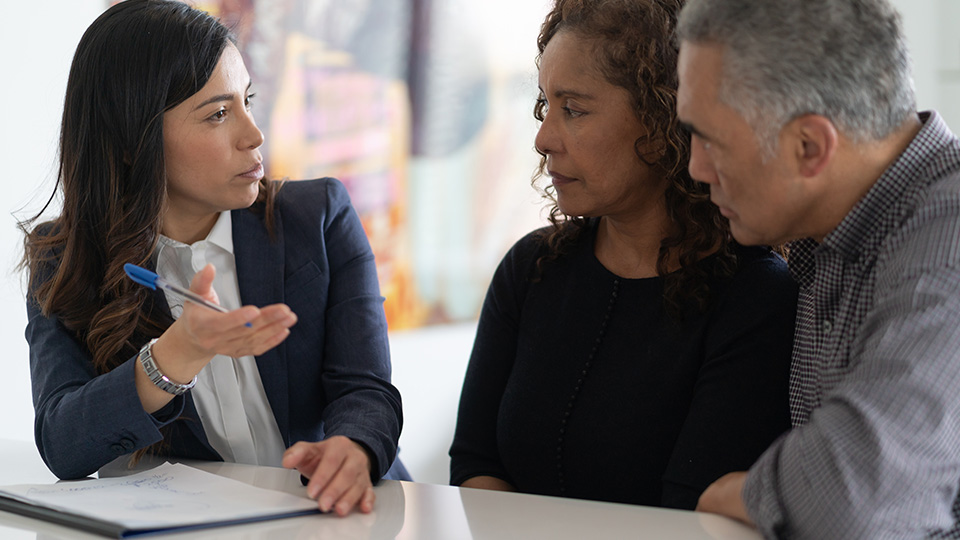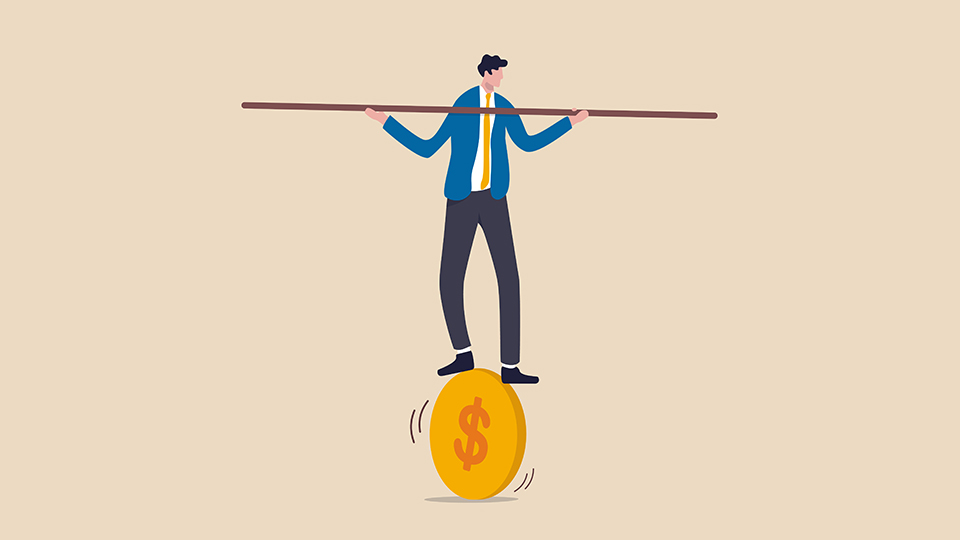Global share markets are tumbling as the coronavirus, also known as COVID-19, continues to spread throughout the world and send shockwaves through economies.
Concerns over the rising economic cost of the virus, and the significant measures being used to try and contain it, are driving investors to sell assets.
Investors fear the substantial impact on consumer spending and supply chains will drag an already weak global economy into recession.
What does the coronavirus mean for Australia?
Although the number of virus infections in Australia is still comparatively low, we are not immune from the impacts of the coronavirus and containment measures.
We are particularly vulnerable due to our strong trading relationship with China, where a significant portion of the population has been in lockdown since the early part of the outbreak.
The good news is that infections have now peaked in China and have been steadily declining. This means that the government can start to reduce the strong containment measures they have had in place and allow greater numbers of people the opportunity to return to work.
While the Chinese government is very eager to get the economy producing again, they will need to balance this with the risk of infections increasing again should they lift containment measures too quickly.
Elsewhere, the news has been worse with infections outside of China increasing 13-fold in just two weeks.
The focus now is on Europe where the spread is now higher than was experienced by China at its peak.
This is putting significant strain on healthcare resources and leading to ever increasing containment measures such as the US announcing a 30-day ban on all incoming flights from Europe.
While governments and central banks have acted swiftly to introduce stimulus measures to their economies, this has not stemmed the widespread selling of shares that has dominated global markets.
What should investors do during coronavirus?
These extreme falls in equity markets will lead some investors to worry about whether they should sell their shares to try and protect capital from further downside if markets fall further.
On the other hand, some investors may see this as a buying opportunity to acquire assets at heavily discounted prices. So, the big question is: what should you do?
The simple answer is no one knows, and it’s a question that can only be answered in hindsight.
If containment measures work and the infection rates start to decline, then you could expect markets to rally and recover some of the losses incurred over recent days.
On the other hand, if the coronavirus continues to spread and further containment measures are introduced, then news headlines will continue to drive fear and ongoing weakness in markets.
Like all calamities that have preceded this one, it will eventually pass and life will go on.
When looking at it through this lens, we can see that the current crisis may represent opportunities for cashed-up investors with long-term investment time horizons and risk appetites that can sustain further volatility in the near term.
For the majority of investors, they would be best to not make any irrational decisions based upon emotional reactions and instead maintain invested in quality assets and stick to their long-term investment strategy.
After all, history has proven time and time again that this remains the most sensible approach when markets don’t appear to be sensible.
However, if you’re thinking about changing your investment strategy due to the market volatility, then make sure you consult an expert before making a decision.
To speak with one of our trusted tax and wealth management specialists about your strategy, then give us a call on (03) 9875 2900 or fill in the contact form below.
Disclaimer: the above information is not intended to be investment advice and is general information only. The above information does not take into account your own personal needs, objectives and risk profile and you should consult a financial adviser before making any decisions about your own personal situation.






